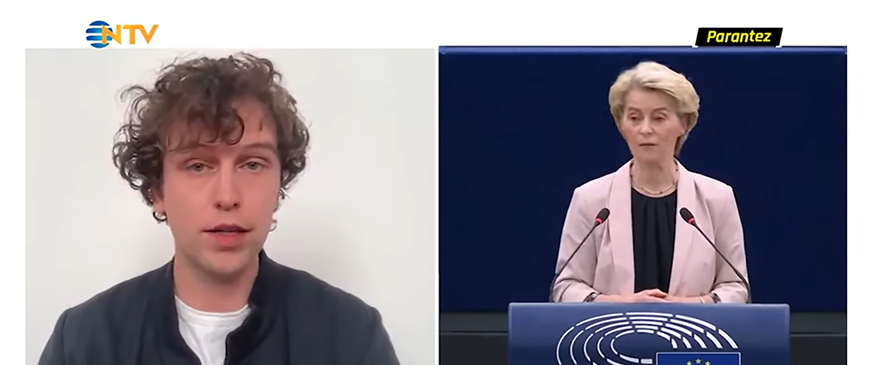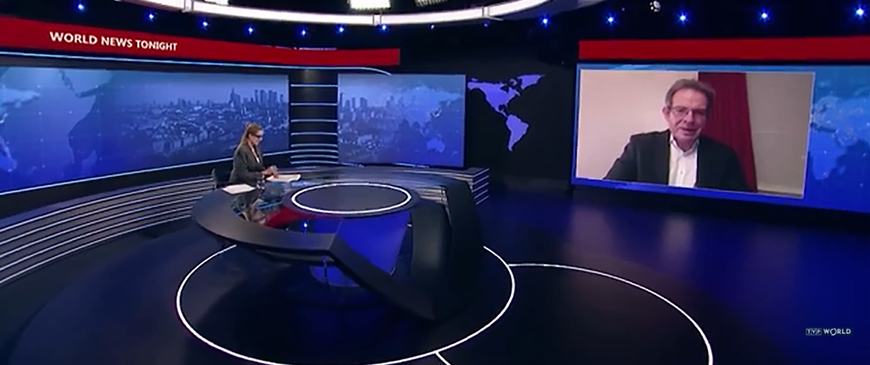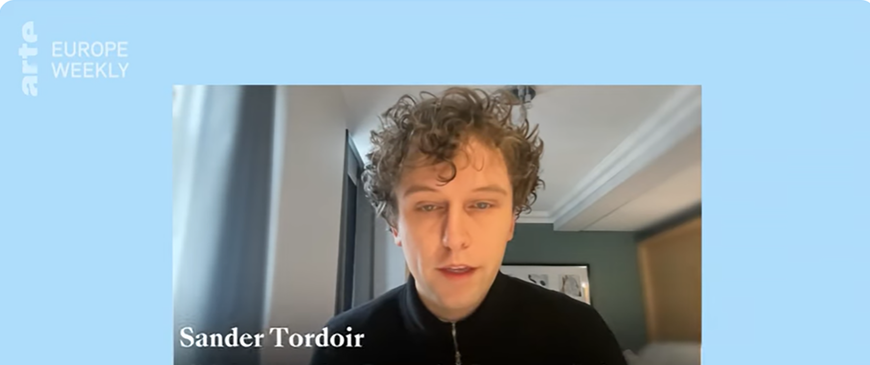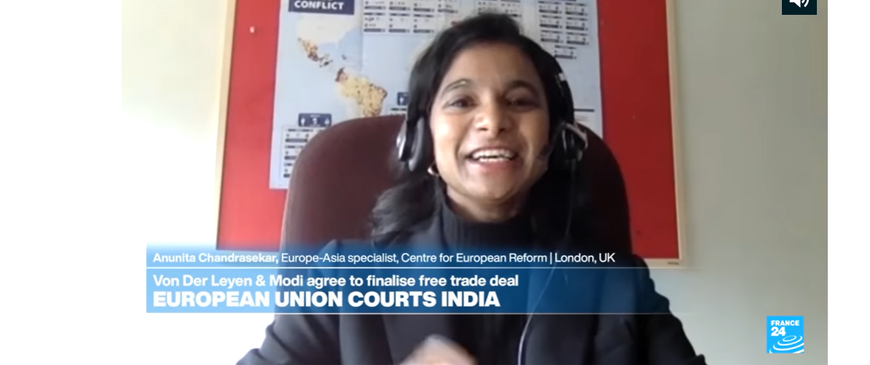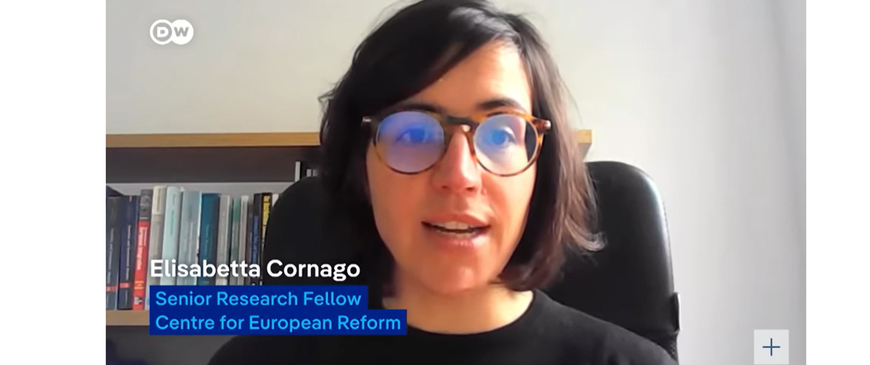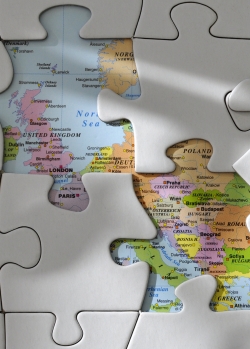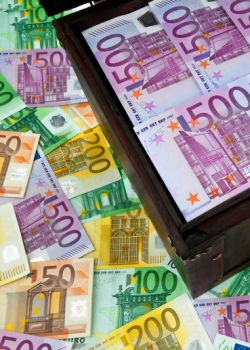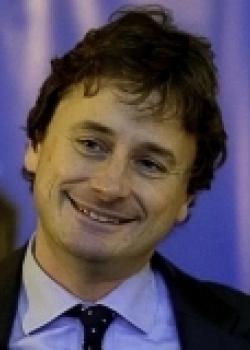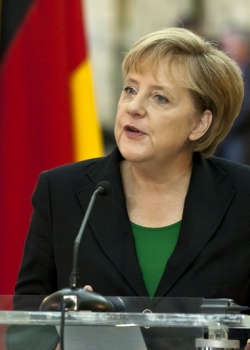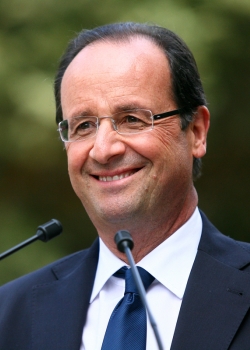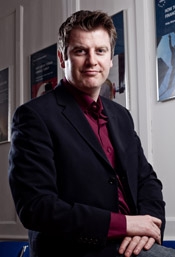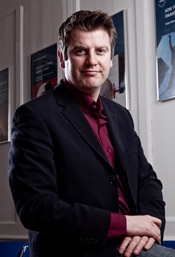Press
A three-tier EU puts single market at risk
25 October 2012
Financial Times
The euro crisis is changing the shape of the EU. As the countries in the eurozone seek to strengthen it by centralising economic policy making, three tiers are emerging within the union.
Evidence to the Select Committee on EU economic and financial affairs - Reform of the EU banking sector
23 October 2012
House of Lords
Unrevised transcript of evidence evidence given to the House of Lords European Union Sub-Committee on Economic and Financial Affairs, with Philip Whyte, senior research fellow, CER.
Cameron et l'Europe, l'impossible équation
22 October 2012
Les Echos
Cependant, il est difficile d'imaginer que les partenaires de la Grande-Bretagne lui laissent la main libre sur ces sujets. Comme l'explique Hugo Brady, du CER, s'il veut continuer à participer à ce marché unique qui est aujourd'hui la raison d'être de son adhésion à l'Europe...
In the picture: The EU's October summit
18 October 2012
Financial Times
Taking a step back, Philip Whyte at the Centre for European Reform argues that the initial June report from the gang of four "marked an important departure, because its focus shifted to correcting the eurozone's architectural flaws rather than the behaviour of its members."
Brexit: Europe loses patience with London
18 October 2012
Financial Times
Beyond the realm of politics, investors in Britain have been slow to wake up to the implications of what the Centre for European Reform has dubbed "Brexit".
EU leaders clash on fiscal powers as Greeks protest
18 October 2012
USA Today
"It would involve countries handing over to an unelected appointed figures the right to veto their budgets, so in terms of the implications for democratic accountability it's certainly very radical," said Simon Tilford, chief economist at the Centre for European Reform in London.
Power struggle: Is Germany's constitution the real bar to the euro rescue?
17 October 2012
Prospect
12th September 2012, 10am in Germany. Bond traders in London and Frankfurt are staring at their screens. Once again, the fate of the eurozone seems to be hanging in the balance.
In the sleepy west German town of Karlsruhe, eight red-robed judges take a seat in front of pale wood panelling....
In the sleepy west German town of Karlsruhe, eight red-robed judges take a seat in front of pale wood panelling....
Hollande, los Alemanes y la union politica
16 October 2012
Foreign Policy - En espanol
Antes de convertirse en presidente de Francia, François Hollande no parecía estar muy interesado en la UE. Sin embargo, en su juventud fue un protegido de Jacques Delors, el gran europeo de la izquierda francesa, y su instinto es, en términos generales, europeísta. La llegada de Hollande al Elíseo no...
Britain takes a step back from Europe
15 October 2012
International Herald Tribune
"This is the opening shot in a long and controversial negotiation over which European police and judicial co-operation Britain wants to stay in, and which it is allowed to stay in," said Hugo Brady, of the CER.
Viewpoints: Experts comment on EU's Nobel award
12 October 2012
BBC News
Charles Grant: The EU merits the peace prize. Its role in history is unique and positive, and much more important than the inability of the current bunch of leaders to resolve the eurozone's travails. One only has to travel to Asia to understand the EU's value.
Nobel Peace Prize: And the winner is Europe!
12 October 2012
Marketplace
Simon Tilford, of the Centre for European Reform, says that's exactly why they're giving the EU the Nobel Prize for Peace. "The region is in crisis," he says, "it's very difficult to see a way out of it because of political differences between the member-states."
Nobel peace prize leads EU to question its raison d'être
12 October 2012
The Guardian
Charles Grant director of the CER, initially laughed off the award but then decided it was a significant moment."My first reaction was to think it was a joke," he said. "But the more I thought about it the more I realised that these Nobel guys were seeing the broad sweep of history that some of us."
European Union awarded the Nobel Peace Prize
12 October 2012
Channel 4 News
Philip Whyte of the CER, said the timing of the award could be seen as "ironic". Many EU countries have committed to austerity measures and stringent loan agreements, which they have very little power to resist and the terms of the eurozone bailout agreements could be seen as "undermining democracy in southern Europe", he said.
EADS-BAE failure shows road to united EU ends in Berlin
11 October 2012
Bloomberg
"The German government, compared to the French and the British governments, is always unco-ordinated," said Charles Grant, director of the Centre for European Reform.
Merger's demise perpetuates Europe's defence bloat
11 October 2012
The Wall Street Journal
"Consolidation is good for European value amid defence cuts," said Charles Grant, director of the CER in London. ..."Ninety-nine per cent of European politicians only see things in terms of their national interests," said Mr. Grant.
Nudging Britain towards the exit: The rise of Tory euroscepticism
11 October 2012
RTE News
Hugo Brady of the CER has conducted a major study of the block opt-out. He argues that while exercising the block opt-out en masse will boost Cameron's eurosceptic credentials, it could leave Britain badly exposed in terms of security, while further alienating key allies. "His claims to British legal exceptionalism are unlikely to convince other EU countries that the block opt-out is anything other than a shallow political manoeuvre," says Brady.
Leaders’ lack of enthusiasm hits BAE-EADS
10 October 2012
Financial Times
"Pushing this deal to a successful conclusion required strategy and vision and none of the three leaders is a strategic thinker," says Charles Grant of the Centre for European Reform, a think-tank. "BAE and EADS came along at a moment when there was too much else preoccupying them."
Death of BAE-EADS merger kills hope of unified European defence sector
10 October 2012
The Globe and Mail
"This highlights the real challenges for Europeans in their attempt to create an integrated defence industry and market," said Clara Marina O’Donnell, a research fellow with the CER think tank. "We had three countries with three different approaches to defence that were impossible to reconcile."
Britain rethinks its opposition to a two-tier Europe
08 October 2012
International Herald Tribune
"Ever since it joined, British policy has been based on the imperative of being in the room when important matters are discussed, so that Britain could either stop things happening or shape outcomes that suit Britain," said Charles Grant of the CER.
Eurozone finance ministers launch bailout fund
08 October 2012
Voice of America
"It is hard to be optimistic about a region as heavily indebted as Europe, or Western Europe, when the region's economy is [heading] into a very deep slump," said Simon Tilford, of the CER. "So any sort of optimism we see at the moment is likely to prove very short lived."

